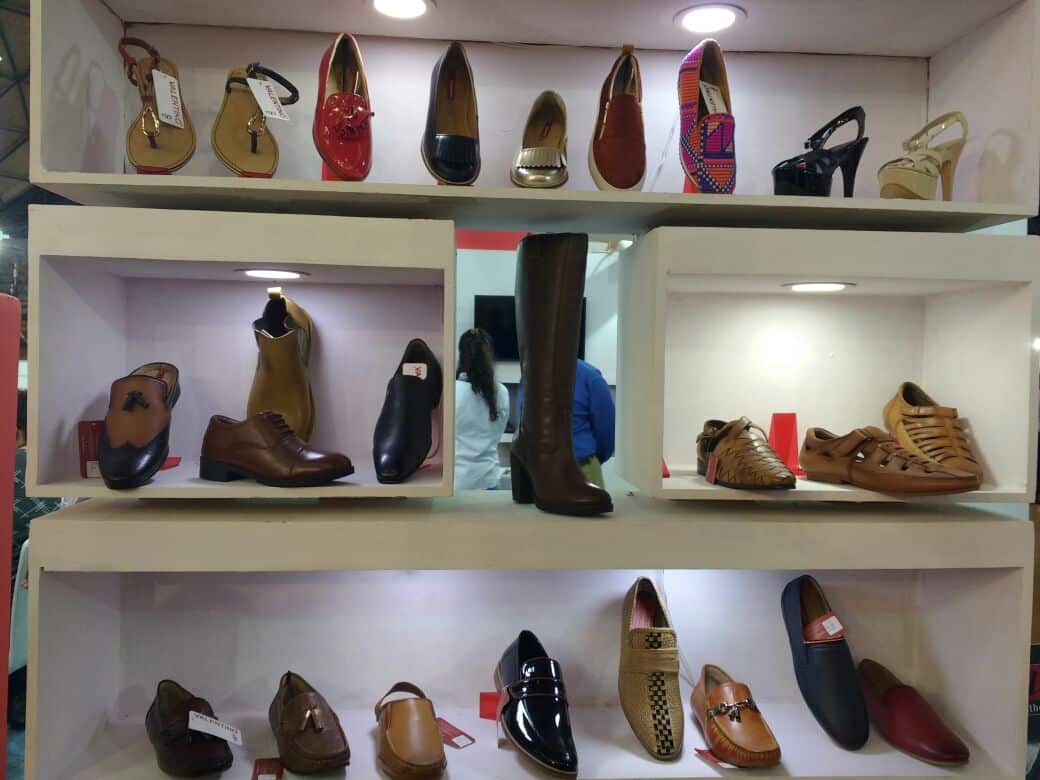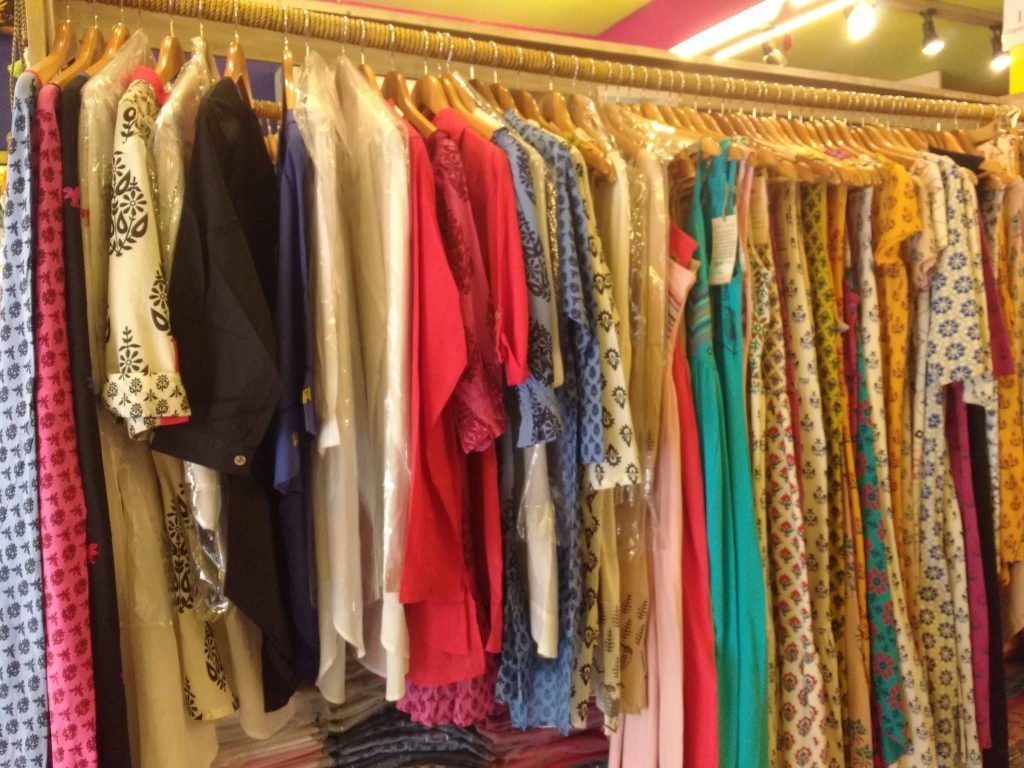Do sunglasses represent good eye health, or are they just another stylish accessory? There’s a fashion element when it comes to sunglasses, but do you know wearing sunglasses can be beneficial in terms of your health as well! You benefit most from wearing sunglasses like Carrera sunglasses by preventing ultraviolet (UV) light from damaging your eyes. In addition to damaging eyelids, corneas, lenses, and retinas, UV light may also damage the eyelids’ pigment.
Table of Contents
The Right Time to Wear Shades
When it’s sunny outside, do you only wear sunglasses? You’re harming your eyes if you do. Sunglasses like Carrera sunglasses should be worn throughout the year. It does not matter the time; whether it’s cloudy or sunny, ultraviolet radiation will always be a factor. Water or a body of water is a dangerous place to be without eye protection.
Additionally, you will get reflected sunlight from the water as well as direct sunlight. If you’re going skiing this winter, you’d better bring your sunglasses in case the snow reflects sunlight. A burn on the cornea may result from UV exposure.
When Choosing Sunglasses, Look for the Following
When you select a new pair of shades, you should consider the following factors:
- It must protect you entirely from UV rays. Your eyes will be guarded against all UV rays since these shades filter the harmful rays.
- Multipolarity: It may be more comfortable for your eyes to experience this option because it reduces glare.
- The Tinting Process: Choosing the right colour for your sunglasses is purely cosmetic. It’s just a matter of ensuring that the sunglasses are 100 per cent UV protected.
- In addition to protecting the delicate skin around the eye, sunglasses can also slow the aging process.
Eye Protection: Why It’s So Important
- Regardless of the weather outside, the rays of the sunshine are down upon you. Sun UV (ultraviolet) radiation should be protected from your eyes when you are outdoors.
- UVA rays damage the macula at the back of your eye when they reach it. This is essential for a clear vision. It will transmit signals from your retina to the brain so that you can convert the light into images. Your retina can also be damaged by blue and violet light from the sun.
- Other types of UV radiation called UVB rays can damage the front part of your eye, where your cornea and lens are located. The lens lets light pass through your vision and focuses it on the retina using the cornea and the lens.
Why Should You Wear Sunglasses and What to Look Out for?
Most baseball caps and hats with wide brims allow only about half of the sun’s UV rays through. The polarised lenses also don’t block UV rays, although some of them feature UV-blocking materials.
The best method for protecting your eyes is to use sunglasses that block at least 99% of UVA and UVB rays. When shopping for sunglasses, you should also look for these features:
- The visible light will be reduced by 75% to 90%.
- The same degree of darkness for both lenses. Darkened lenses should transform slowly into their lightest counterparts, with the darkest portion on top.
- The lenses should not alter the way you see in any way.
- To be able to see colours correctly, you need grey lenses.
- You should choose a frame that is close to your eyes and fits your face shape well.
It is recommended that you wear glasses made from polycarbonate or material that goes by the brand name, like Carrera glasses, if you play sports outside or work in environments that can be hazardous to your eyes. You must get the ideal sunglasses that wrap around your face for the proper protection against any harmful UV rays that come from the side. You should also provide the right sunglasses for your children. Before they turn 20, kids can receive 80 per cent of their lifetime sun exposure.












